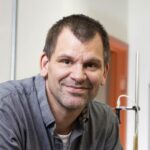Hail Mary Science – Mar 26
Commonwealth Club World Affairs of California and the SETI Institute
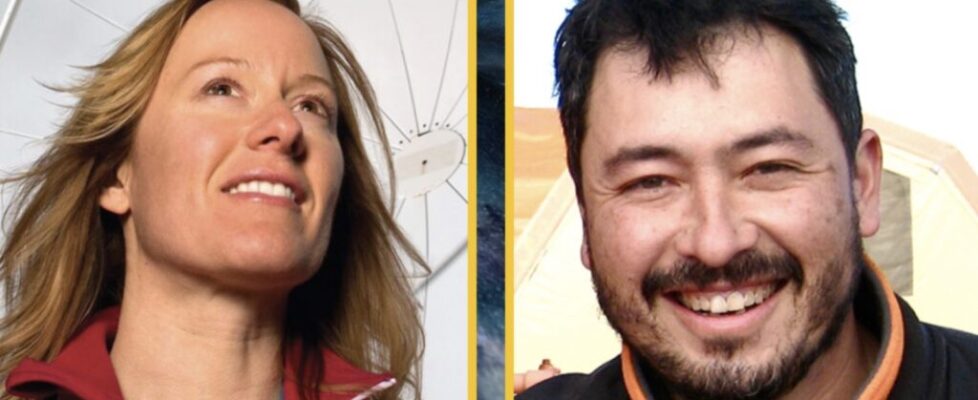
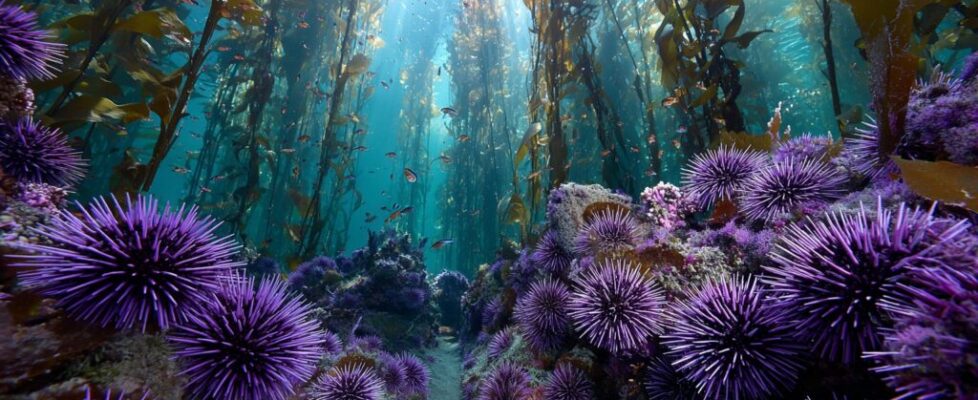
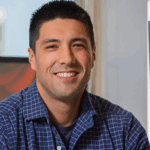
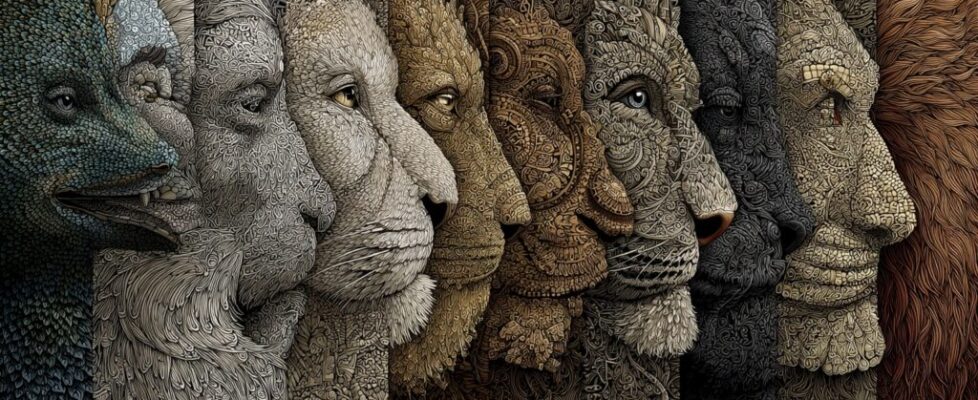
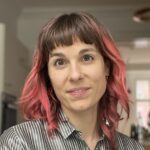
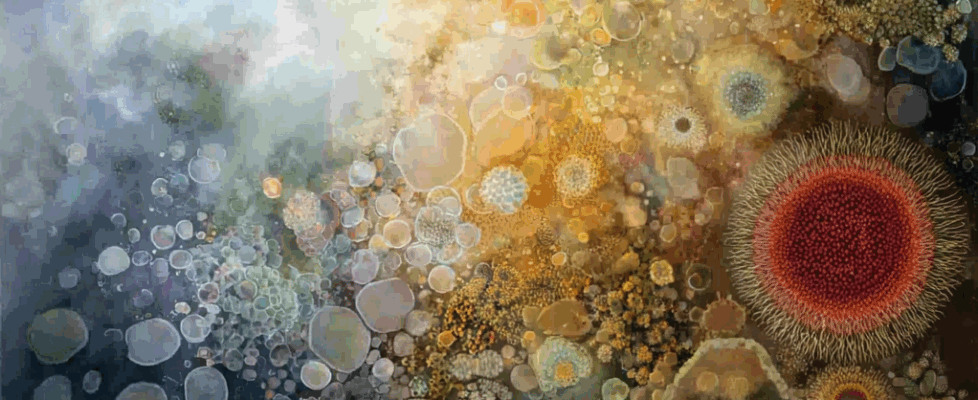
It’s an age-old question: How did life come about? Even the simplest creatures that exhibit the two hallmarks of life, namely metabolism and replication, are astoundingly complex. While the search for life’s origin has fascinated humans for centuries, recent breakthroughs point us in a more conclusive direction, and have remarkable implications. Among important side insights are the unexpected similarities between prebiotic and human innovation, and the central role that energy and information have played in transforming the planet over the last 4 billion years, leading right up to the present climate crisis.
Our Wonderfest speaker, Dr. Charles Marshall, is Distinguished Professor of Integrative Biology at UC Berkeley. He is also Director of the University of California Museum of Paleontology.
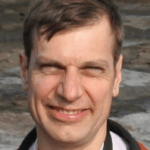
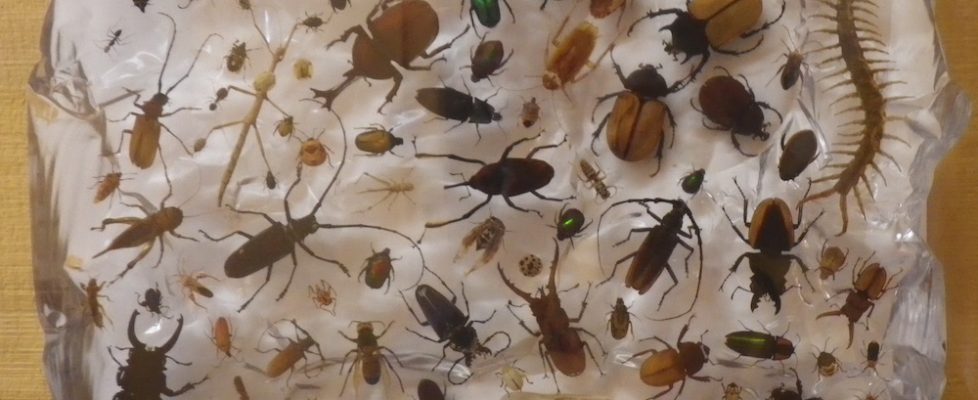
Dr. Vernard Lewis first encountered insects as a child, capturing grasshoppers and ants in California’s central valley. Since then, he has traveled to fifty countries to discuss many creepy-crawlies, sometimes as a member of the United Nations Global Termite Expert Group. This Wonderfest event offers a rather personal account of a bug-rich life, including oakworm adventures on Mt. Tamalpais, and (tiny) pest removal at San Quentin Prison. Dr. Lewis will share “field experiences” with termites, with bedbugs, with cockroaches, and with courtrooms (as an expert witness). He will also display real insects — both dead and alive — and the damage they can do.
Our Wonderfest speaker is Vernard Lewis, Cooperative Extension Specialist (emeritus) at UC Berkeley. Dr. Lewis has earned three degrees in entomology, and is a global authority on termites.
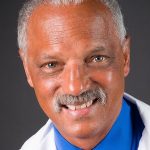
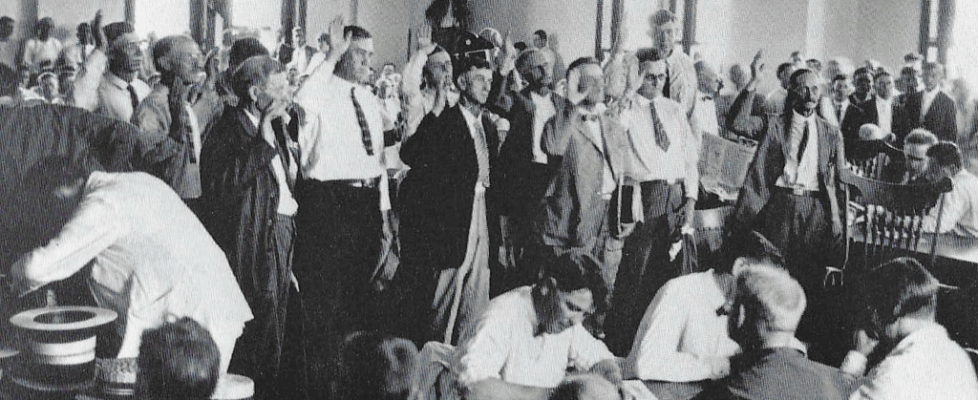
2025 marks the 100th anniversary of the “Trial of the Century”: Tennessee vs. John T. Scopes, the first major legal assault against the teaching of evolution in America. Mostly because of the fictional movie Inherit the Wind, the Scopes “monkey trial” is wrongly perceived as a victory for evolution over the forces of obscurantism. The full story is much more complex and interesting, involving science, religion, law, education, politics, celebrities, modern communications, and the politicization of science.
Our Wonderfest speaker is physical anthropologist Dr. Eugenie Scott, author of Evolution vs. Creationism: An Introduction, and former director of the National Center for Science Education. Genie is the recipient of numerous awards from both scientists and educators, including the National Academy of Sciences Public Welfare Medal.
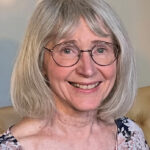
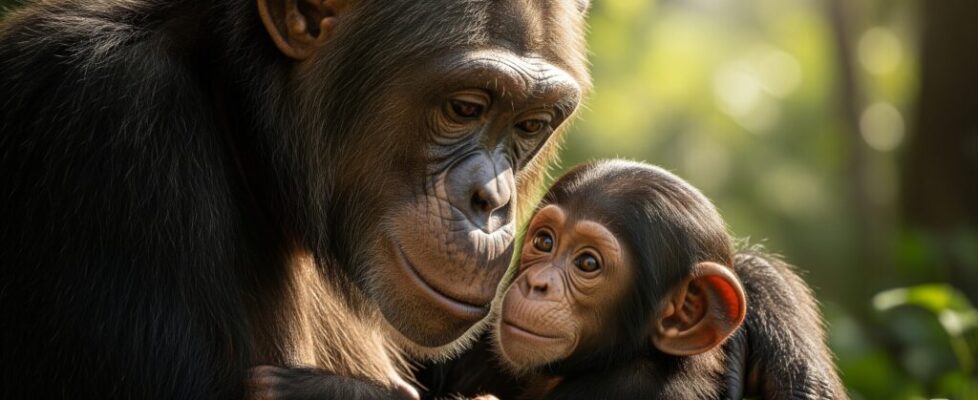
Love may not “make the world go ’round,” but it surely makes the ride more joyous. The outward displays of love are familiar and simple: a reassuring touch, a passionate kiss, a bedtime story told to a drowsy child. But what is going on inside the brains of people in a loving relationship? Surprisingly, neuroscience can now inform us about the bonds of affection, and how, over each lifetime, love acts to sustain our body and even prolong our life.
Wonderfest’s speaker is psychologist Thomas B. Lewis, M.D., Adjunct Professor at the University of San Francisco and Asst. Clinical Professor of Psychiatry at UCSF. Dr. Lewis is co-author of A General Theory of Love.
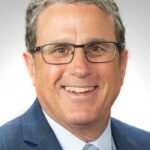
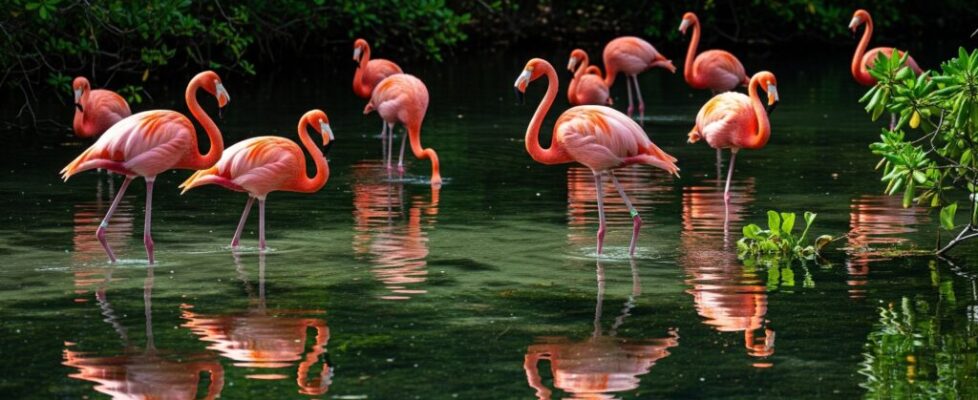
Basic physics shapes the natural world. Through evolution, creatures have figured out how to use the laws of physics to make biology flourish. Flamingos generate water vortices to trap food. Various birds and fish use vortex shedding and fluid turbulence to control movement. For small animals, electrostatic forces and/or capillary forces can reign over gravity to affect the critters’ very survival. Nature is a beautiful dance of biology and physics.
Our speaker is biophysicist Victor M. Ortega Jiménez, Assistant Professor in the Integrative Biology Department at UC Berkeley. Dr. Ortega-Jiménez directs Cal’s Ornithopterus laboratory in organismal dynamics.
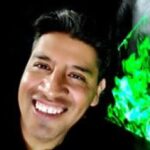
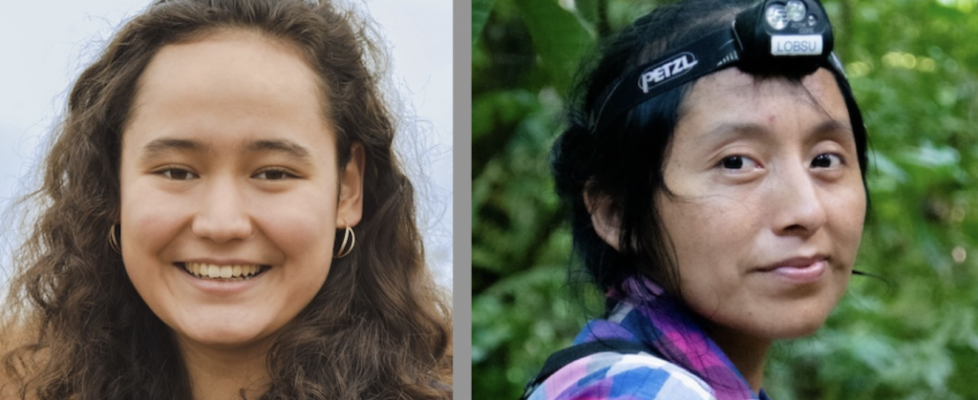
Wonderfest Science Envoys are early-career researchers with enhanced communication skills and aspirations. Following short talks on provocative modern science topics, these two Science Envoys will answer questions with insight and enthusiasm:
• Stanford computer scientist Nicole Meister on Has ChatGPT Memorized the Internet? — Large Language Models (LLMs), such as ChatGPT, have recently gained widespread popularity. Trained on vast amounts of internet data, these AI models raise important questions about the nature of their responses: are they truly synthesized or simply memorized? Researchers can statistically evaluate this claim to reveal test set contamination in LLMs.
• Stanford biologist Jenni Serrano Rojas on Unraveling Frogs’ Secrets for Conservation — Biotelemetry tools are revolutionizing our study of animals, from the largest to the tiniest species. They reveal hidden animal interactions, critical living spaces, and essential resources. In poison frogs, in particular, biotelemetry affords insights that inform conservation strategies and help the species to respond to global change.
This interactive science presentation, free and unticketed, is produced by Wonderfest in partnership with Marin Science Seminar.
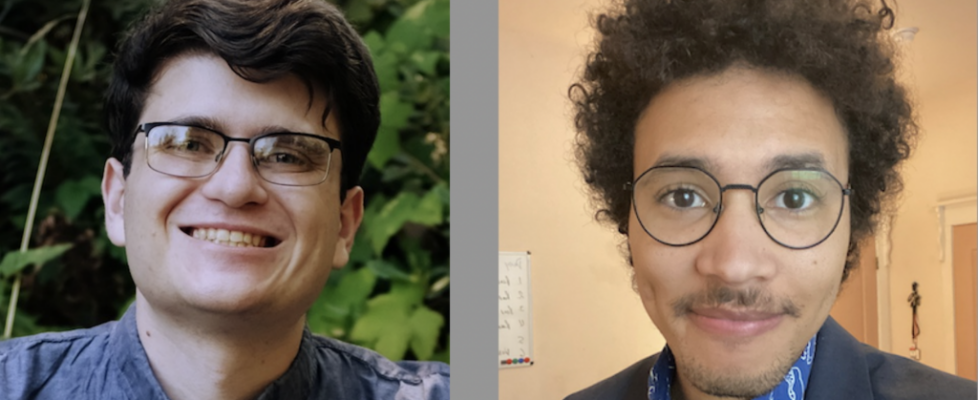
Wonderfest Science Envoys are early-career researchers with enhanced communication skills and aspirations. Following short talks on provocative modern science topics, these two Science Envoys will answer questions with insight and enthusiasm:
• UC Berkeley astrophysicist Daniel Brethauer on Astronomically Rocking Out to Heavy Metals — The gold in jewelry, the uranium in a nuclear power plant, the caesium in atomic clocks: what do these all have in common? It turns out they were likely forged in the fires of a cosmic explosion known as a kilonova. These extremely energetic events reveal the origins of the periodic table’s heaviest elements.
• UC Berkeley ecologist Tyus Williams on Unraveling the Ecology of Domestic Cats — What if one of our greatest companions is potentially one of our greatest threats? When free to roam, domestic cats can severely disrupt wildlife communities. However, understanding cats’ behavior and how they’re influenced by their surroundings can allow us to develop better conservation strategies.
This interactive science presentation, free and unticketed, is produced by Wonderfest in partnership with Marin Science Seminar.
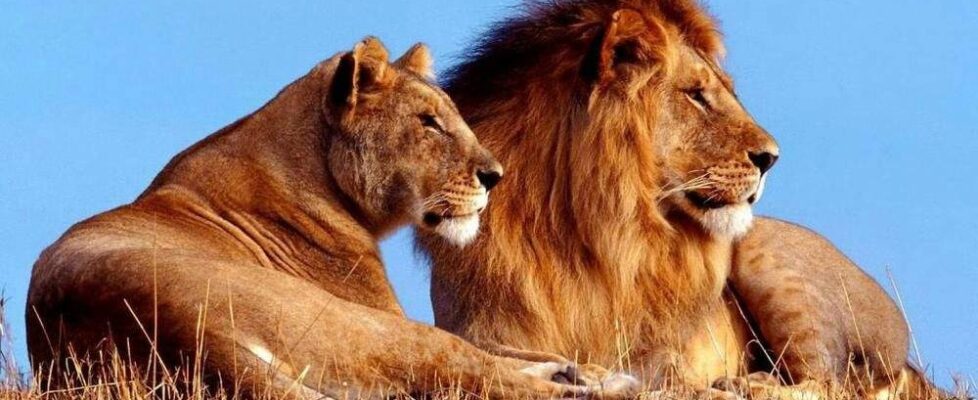
The words sex and gender challenge us, even scientifically. Sex commonly refers to a creature’s physical and biological characteristics. Gender refers to behavior and self-presentation within a social group. Since nature is replete with social groups, we can take rich delight in trying to understand gender diversity among animals. This is a key topic in the new book by Dr. Nathan Lents: The Sexual Evolution: How 500 Million Years of Sex, Gender, and Mating Shape Modern Relationships. Wonderfest joins the San Francisco Public Library to explore gender diversity in the animal kingdom.
Our speaker is Dr. Nathan Lents, Professor of Biology and Director of the Cell and Molecular Biology program at John Jay College, part of the City University of New York (CUNY). This event is co-presented by Wonderfest and the San Francisco Public Library.
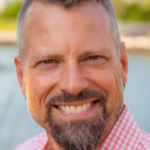
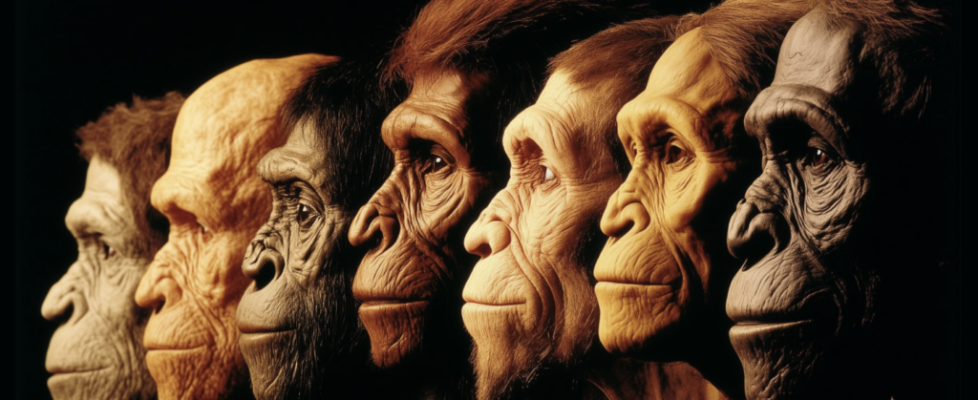
We are members of the genus Homo, distinguished from other primates as bipedal great apes. So far, we have found fossil evidence for several other members of our genus, i.e., several other humans. How does a fossil gain entry into this exclusive club? How many members are there? What do we currently know about these possible relatives — and why aren’t they alive, today, walking upright among us?
Our speaker is biological anthropologist Julie Hui, Adjunct Professor at the College of Marin. Julie was — and is — a Wonderfest Science Envoy who takes science outreach seriously.
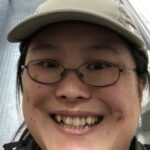

Over 20,000(!) species of mushroom-forming fungi support the health and diversity of multiple ecosystems. Technically, what are mushrooms? How do they live, and what are some of the myriad ways they disperse, reproduce, and (even) communicate? Perhaps most important, how can we use mushrooms to help feed humanity and heal the biosphere?
Our speaker is Dr. Dennis Desjardin, Professor Emeritus of Biology at San Francisco State University, and Director Emeritus of SFSU’s Thiers Herbarium. As the author of California Mushrooms and Chief Mycologist for Sempera Organics, Inc., Dr. Desjardin is known as the “Mushroom Guru of the West Coast.” This event is co-presented by Wonderfest and the San Francisco Public Library.
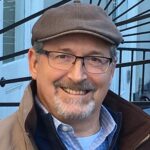

Science is for everyone, and benefits everyone. But American science is in deep trouble. In a podcast entitled Cuts to Science Funding and Why They Matter, physicist and author Sean Carroll thunders that recent presidential executive orders constitute “an absolutely devastating blow to the way science gets done in the United States.” On Friday afternoon, March 7th, Wonderfest joins thousands of the thoughtful to Stand Up for Science at San Francisco’s Civic Center Plaza. Please join us!
Stand Up for Science is a grassroots organization led by five early-career scientists — along with many volunteers (like us) — who work to protect the American science enterprise.

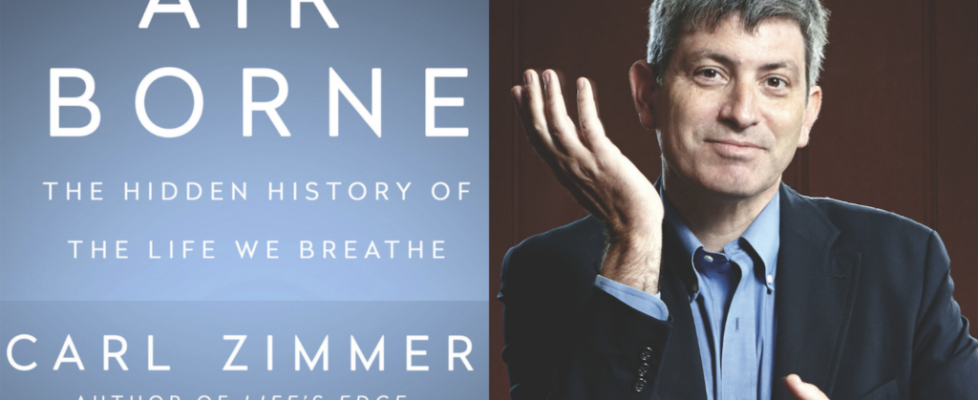
Earth’s air teems with invisible life. Each of us inhales roughly 100 gallons of air per hour, and the possible peril is, alas, anything but palpable: from gaseous pollutants to weaponized pathogens. The study of life in the atmosphere, aerobiology, is a particularly challenging subject. For example, scientists needed two years to finally agree that the Covid pandemic was caused by an airborne virus. Wonderfest joins the Commonwealth Club online to present science writer Carl Zimmer in discussion of his latest book, Air-Borne: The Hidden History of the Life We Breathe. The conversation will likely be breathtaking.
Carl Zimmer is the author of fifteen books about science, and his “Origins” column (on life’s diversity) appears regularly in the New York Times. Of Zimmer’s preceding book, Life’s Edge (2021), Nobel Laureate Jennifer Doudna wrote, “Carl Zimmer shows what a great suspense novel science can be. … Prepare to be enthralled.”
Use the "Tickets" link (below) to access the Commonwealth Club's event webpage. During online ticket purchase, use discount code WonderfestPromo for a ticket price reduction of $10, making this entire Carl Zimmer online experience FREE.
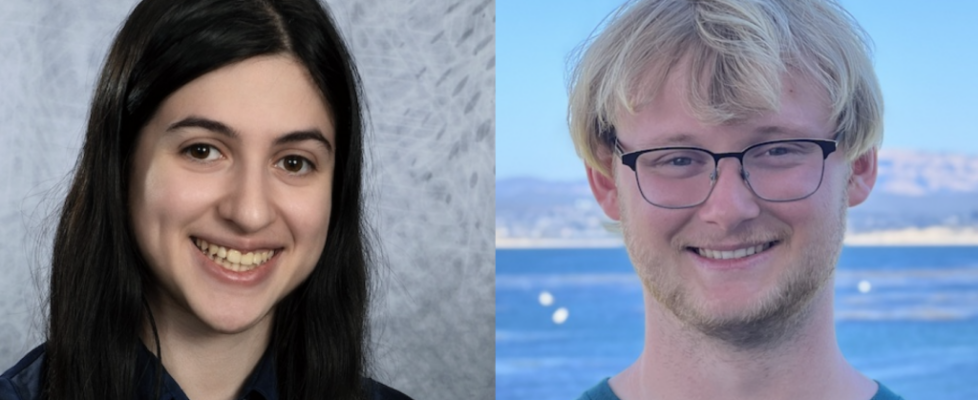
Wonderfest Science Envoys are early-career researchers with special communication skills and aspirations. Following short talks on provocative modern science topics, these two Science Envoys will answer questions with insight and enthusiasm:
• UC Berkeley astrophysicist Natasha Abrams on Black Holes: Discovering the Invisible — Black holes are among the most extreme objects in the universe. They push the boundaries of our knowledge, holding many unsolved mysteries. This talk will explore black holes from “small” to enormous, including how to detect these invisible marvels. In the process, we will probe the very frontiers of astrophysics.
• Stanford marine biologist Will Johnson on The Structure of Kelp Forests — Kelp forests constitute one of the most diverse ecosystems on Earth, and they’re hidden right beneath the waves of our coastline. To research how these ecosystems function, we need to study what lives there. Come learn how scientific diving and modern genetics are helping us unravel the complex structure of kelp forests.
This interactive science presentation, free and unticketed, is produced by Wonderfest in partnership with Marin Science Seminar.

Insufficient sleep dramatically changes how we feel and think, about ourselves and about others. Even a single night of sleep loss elevates levels of anxiety, depression, and asocial behavior in healthy adults. If sleep loss is chronic, this association can develop into a clinical mental disorder. Since 40% of adults in the US suffer from chronic insufficient sleep, researchers need — and are finding — a better understanding of the interaction between sleep and socio-emotional well-being.
Our speaker is sleep expert Eti Ben-Simon, PhD, Research Scientist at The Center for Human Sleep Science, UC Berkeley.
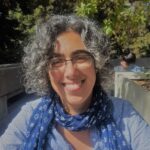

What can we do, today, to improve muscle strength and, accordingly, to increase healthy longevity, i.e., healthspan? It starts by understanding the science of strength and of muscle function, and then appreciating how muscle changes with aging. Ultimately, we find that healthspan increases with simple and effective evidence-based strategies for improving muscle health and function.
Our speaker, Dr. Greg Tranah, PhD, is Professor of Epidemiology & Biostatistics at UC San Francisco. He is also Senior Scientist at California Pacific Medical Center Research Institute.
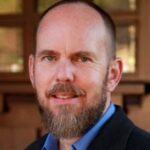
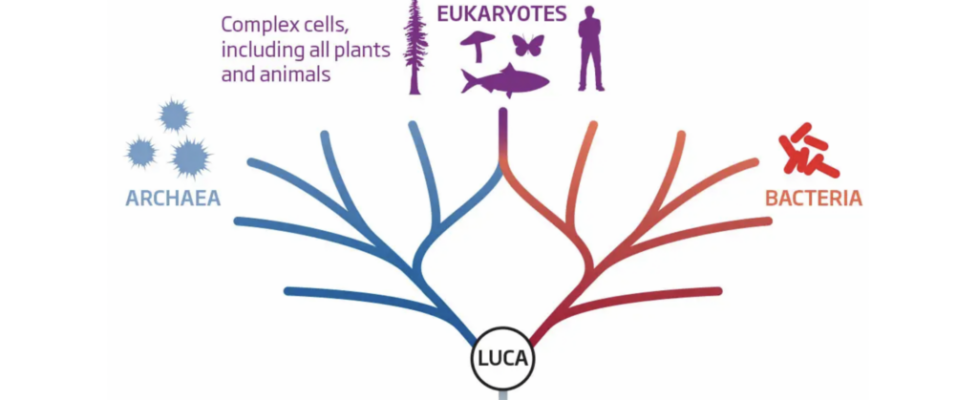
All known lifeforms rely on the same molecular mechanism to translate information carried by DNA and RNA into proteins. This translation is accomplished by an incredibly complex system involving many dozens of very large and precisely interacting molecules. All viruses, bacteria, plants, and animals ultimately inherited this common molecular machinery from our Last Universal Common Ancestor (LUCA). But all of this — and much more — had to evolve prior to LUCA. Without this translation machinery, the “genetic code” isn’t information about anything! So, origins-of-life theories can’t just assume that DNA and RNA intrinsically have information. Even the most widely accepted “RNA-World” origin-of-life theory begs the question: What is the origin of life’s information?
Our speaker, Dr. Terrence Deacon, is Professor Emeritus of Anthropology at UC Berkeley. He is the author of two particularly influential books: The Symbolic Species: The Co-evolution of Language and the Brain and Incomplete Nature: How Mind Emerged from Matter.
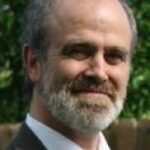

It’s a classic question of color perception: Is my red the same as your red? Using special optical systems that bypass normal visual processes in the eye (optical blur, eye movements), researchers are able to send sensory information to the human brain that it has never experienced before. The BIG question is: If you give novel sensory experiences to the adult brain, will it invent new subjective perceptions to attribute to them?!
Our speaker is neuroscientist Austin Roorda, Professor of Vision Science and Optometry at UC Berkeley. Dr. Roorda’s lab at Cal explores how human brains convert two-dimensional images on the retina into such a rich perceptual experience.
